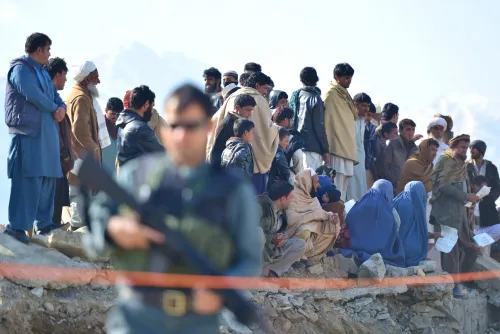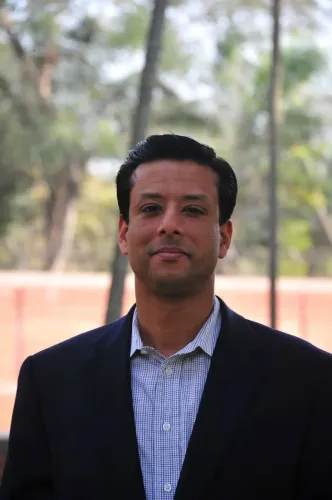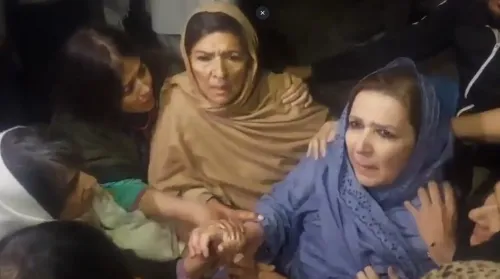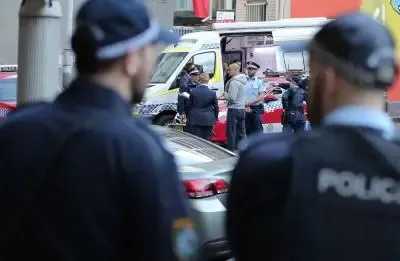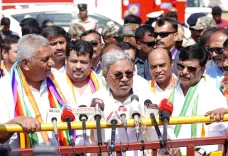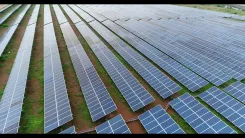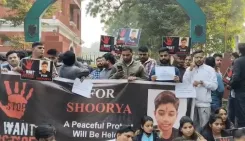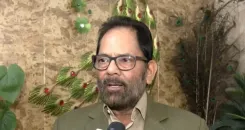What to Expect from the Historic Putin-Trump Summit in Alaska?
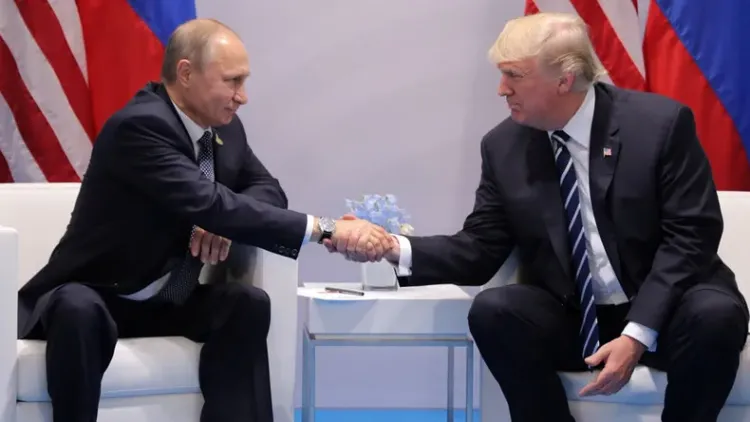
Synopsis
Key Takeaways
- Trump and Putin's summit is pivotal for U.S.-Russia relations.
- NATO expansion is a significant point of contention for Russia.
- Ukrainian territorial integrity remains a top priority for Europe.
- Russia's demands for Ukraine are viewed as unrealistic.
- Church affiliations add another layer of complexity to the conflict.
Moscow: On Friday, US President Donald Trump is set to meet with his Russian counterpart, Vladimir Putin, at the US Joint Military Base Elmendorf-Richardson located in Anchorage, Alaska. Over the years, Putin has engaged with five US presidents, including Bill Clinton, George W. Bush, Barack Obama, Joe Biden, and Donald Trump, establishing himself as a prominent figure in global diplomacy. The West has aimed for Ukraine to serve as a bulwark against Russia, with NATO expansion being a pivotal element of this strategy. Russia has made it abundantly clear that such moves are unacceptable to them.
NATO has exploited Russia's vulnerabilities following the dissolution of the Soviet Union, gradually encroaching on its borders. For Putin, Ukraine is a crucial national interest, and he has accused the US and the West of disregarding Russia's “red lines.” He emphasizes the need for a constructive relationship between Kyiv and Moscow in the long term. European nations, led by Germany, continue to support Ukraine with arms, ammunition, and financial aid. Recently, Ukrainian President Volodymyr Zelensky held discussions in Berlin with European leaders and President Trump, who stated that they aim to finalize a deal.
With the exception of Hungary, European leaders are expressing apprehension and insist that no decisions should be made without Ukraine's involvement. Trump rated the upcoming summit as a “10” and warned that Russia would encounter “severe consequences” unless the hostilities in Ukraine cease. He indicated that if fruitful outcomes emerge from the meeting, he would seek to arrange a “quick second one” with both Putin and Zelensky in attendance.
European solidarity with Ukraine regarding its territorial integrity remains strong. Leaders have reiterated that discussions on territorial matters must include Ukraine. Zelensky has also visited the UK to meet with Prime Minister Keir Starmer. In recognition of the threat posed by Russia, NATO leaders convened in The Hague on June 24-25, agreeing to increase defense spending to at least five percent of GDP annually by 2035 amidst ongoing conflicts with Ukraine. A weakened Europe is, understandably, in Russia's interest.
The virtual discussions were the closest that nine European leaders, including Zelensky, could get to participating, as the EU was not invited to the talks. For Russia, eastern Ukraine is viewed as a “hidden treasure of minerals.” The Kremlin seeks to maintain a land corridor to Crimea through southern Ukraine. In September 2022, Russia's Special Military Operation led to the annexation of the Donbass region in eastern Ukraine. Zelensky has made it clear that Ukraine will not surrender the Donbass region for a ceasefire.
President Putin has reiterated that Russia's demands regarding Ukraine remain unchanged from June 2024. These include complete denazification, total demilitarization, alliance neutrality/non-alignment, and the withdrawal of Ukrainian troops from key regions such as Luhansk, Donetsk, Zaporizhzhia, and Kherson. Additionally, rights and freedoms for Russian speakers must be guaranteed, and Crimea, Kherson, Zaporizhzhia, Donetsk, and Luhansk must be recognized as part of the Russian Federation. However, both Kyiv and Europe consider these demands unrealistic. Moreover, Kyiv must formally inform Moscow of its non-intention to join NATO and maintain a neutral stance. Zelensky emphasized the necessity of exerting pressure on Russia to achieve a just peace.
Currently, Russia controls approximately 20 percent of Ukrainian territory. Russian forces have advanced near Dobropillya, employing advanced drone technologies and tactics. Recently, Russia's drone innovations, including repeater drones that extend the range of tactical drones and fibre-optic drones resistant to Electronic Warfare, have posed threats to Ukrainian Ground Lines of Communications. These advancements have led to significant outcomes in Battlefield Air Interdiction, with Russian forces successfully targeting Ukrainian drone crews in the vicinity of Pokrovsk and Myrnohrad. Heavy losses have been incurred on both sides.
Meanwhile, Ukraine has faced criticism for discriminating against Russian speakers in its eastern regions. Russia has yet to fulfill its objectives of safeguarding Russian language speakers and the Ukrainian Orthodox Church-UOC, historically linked to the Russian Orthodox Church-ROC (Moscow Patriarchate), which declared its independence in May 2022. Ukrainian authorities suspect the UOC of colluding with Russia.
The Orthodox Church of Ukraine (OCU) was established in January 2019 to challenge the UOC, reportedly with support from the American CIA and funding from USAID. For the ROC, the UOC has been a victim of persecution in need of external protection. One of the reasons President Putin initiated the invasion of Ukraine was to safeguard UOC as Russia's church. For Trump supporters, the UOC serves as a political tool to compel Kyiv into concessions with Moscow.
Kyiv has historically been the cradle of Eastern-Slavic civilization. The Kievan Rus’ territory extended from the Baltic Sea to the Black Sea and from the Carpathians to the Volga. The modern nations of Belarus, Russia, and Ukraine all trace their cultural heritage back to Kievan Rus’, with Belarus and Russia deriving their names from it. Therefore, Kyiv cannot entirely escape Moscow's geopolitical influence.
The White House has indicated that Trump's face-to-face summit with Putin will primarily serve as a “listening exercise.” Moscow's demands for the US and NATO to refrain from eastward expansion are central to Russia's Foreign and Security Policy in Europe. The US and the West must recognize that Putin is a significant risk-taker. Trump aims to concentrate on resolving the Russia-Ukraine conflict and is open to a “land-for-peace deal,” despite the strong opposition from Ukraine and its European allies. Given the conflicting interests and priorities, the summit's outcomes remain uncertain, but they will undoubtedly influence US-Europe relations and cannot disregard Russia's geopolitical importance and impact.
(The author specializes in South Asia and Eurasia and previously worked with the Manohar Parrikar Institute for Defence Studies and Analyses. The views expressed are personal.)

